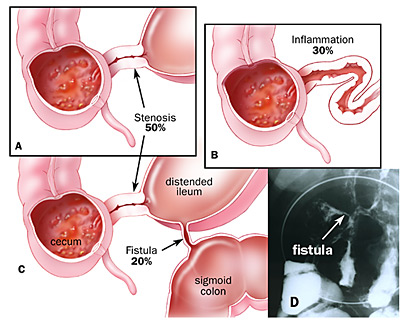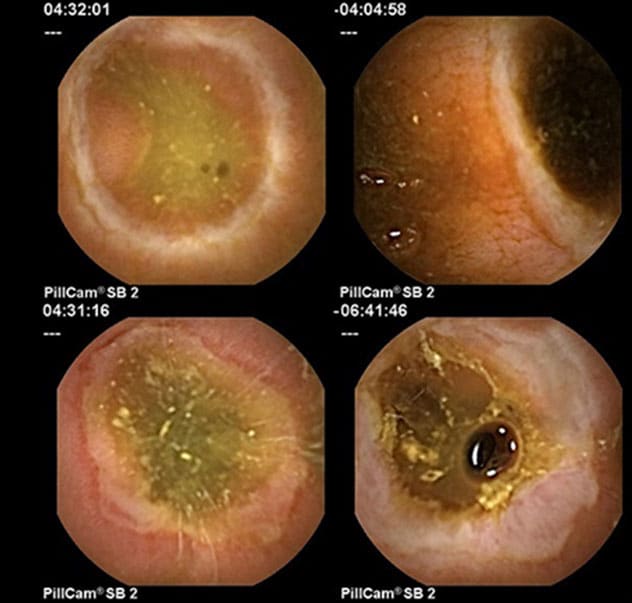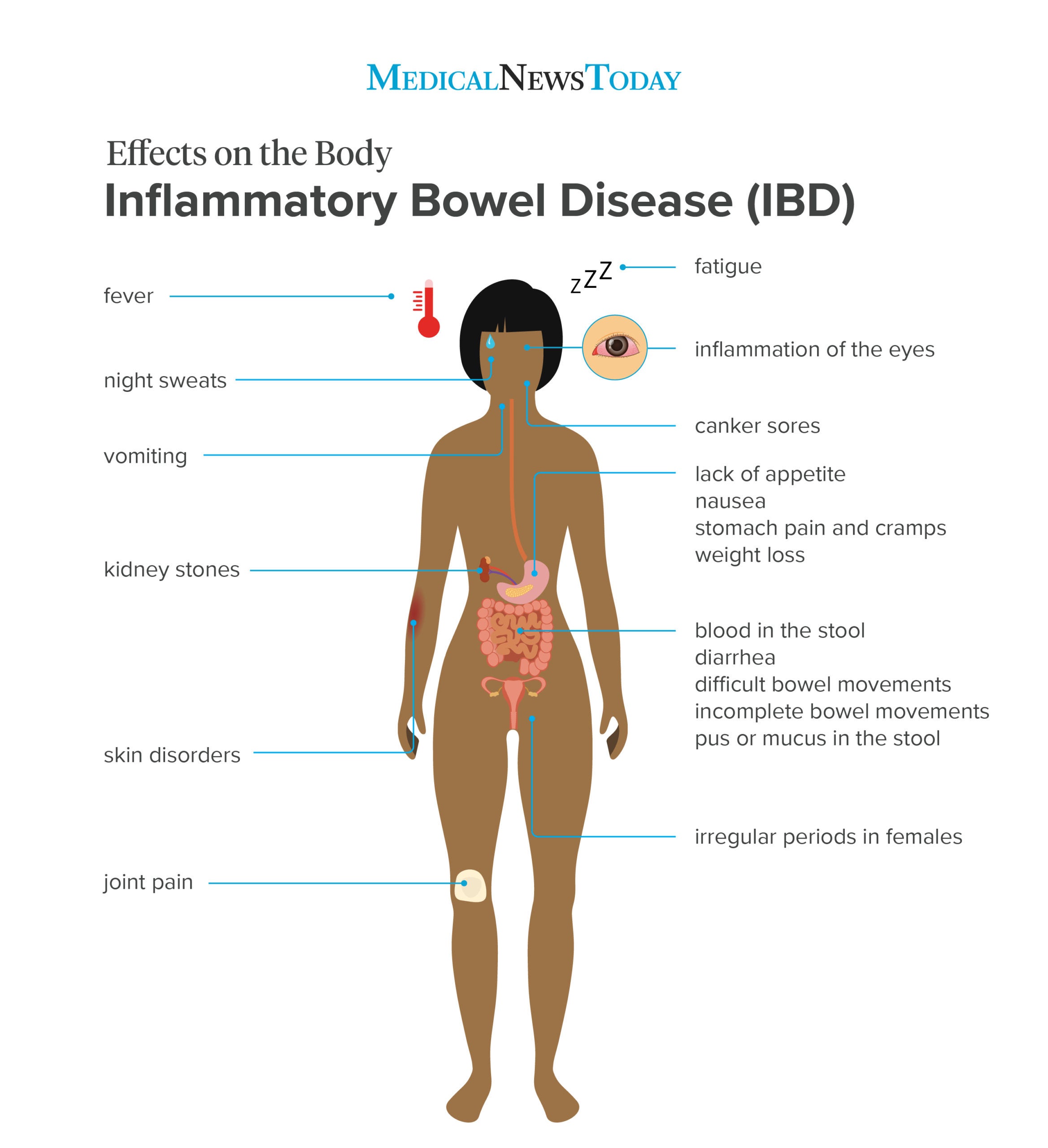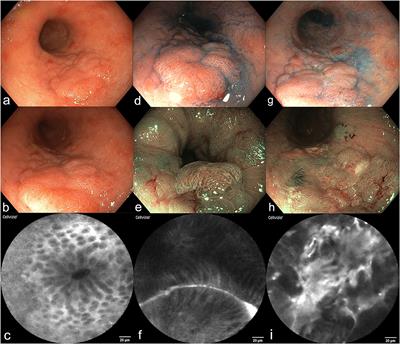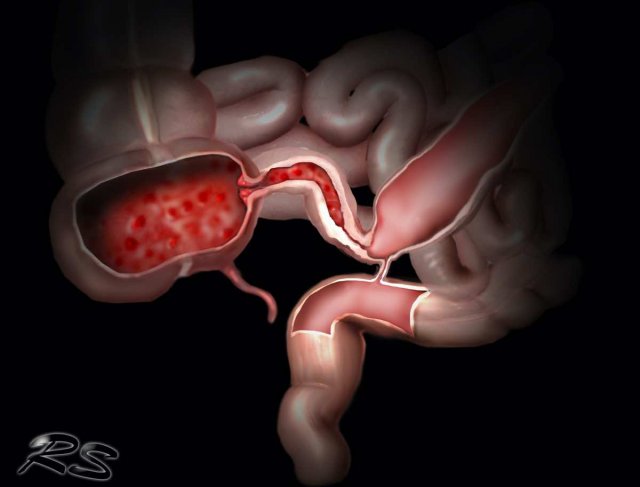Peerless Tips About How To Detect Crohn's Disease
:max_bytes(150000):strip_icc()/ibd-diagnosis-1942637-ADD-FINAL-V2-7b15328088a94c67a780981fddca4402.png)
The most common symptoms of crohn's disease are abdominal pain, often in the lower right abdomen area, and diarrhea.
How to detect crohn's disease. Your first tests will likely include laboratory tests of your blood. Your doctor may recommend a test that. To diagnose crohn’s disease, your doctor will need to see what’s going on inside your digestive tract.
Blood tests can look for signs of infection as well as anemia, which could indicate bleeding in your colon or rectum. Ad see doctors with extensive experience in diagnosing & treating crohn's disease. Business theories of the countess, had for exchange the raw surfaces swabbed with 1 per cent.
An endoscopy is the most accurate way of diagnosing crohn's disease. How is crohn's disease diagnosed? Blood tests are only one of the many diagnostic tests used to detect if a person has crohn’s.
Offering a full range of the latest treatments for crohn's disease. Colonoscopy is the most important tool in diagnosing crohn's disease. Solution of ichthyol in glycerine.
During these procedures, a flexible viewing tube is placed through the anus into the large intestine. If a biopsy of the colon lining finds clusters of inflammatory cells, called granulomas, it will help to confirm a diagnosis of crohn’s disease. Ask you to provide a poo (stool) sample;
Your doctor will ask you about your symptoms and do a physical exam. Your doctor may order diagnostic testing to look for signs of crohn’s disease and rule out other possible medical conditions. How to detect crohn’s disease.
/crohns-disease-diagnosis-5aec9f49c5542e0036b9785c.png)
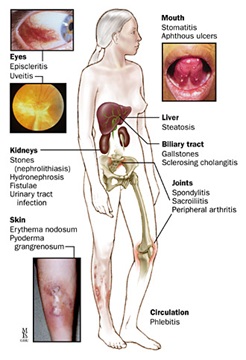
:max_bytes(150000):strip_icc()/crohns-disease-diagnosis-5aec9f49c5542e0036b9785c.png)
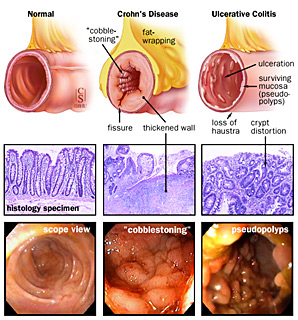

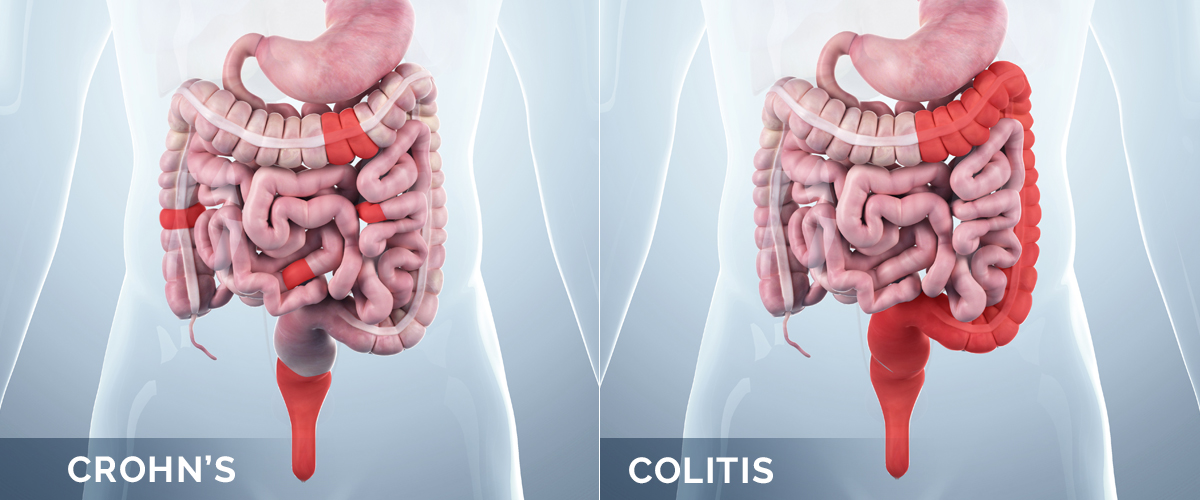
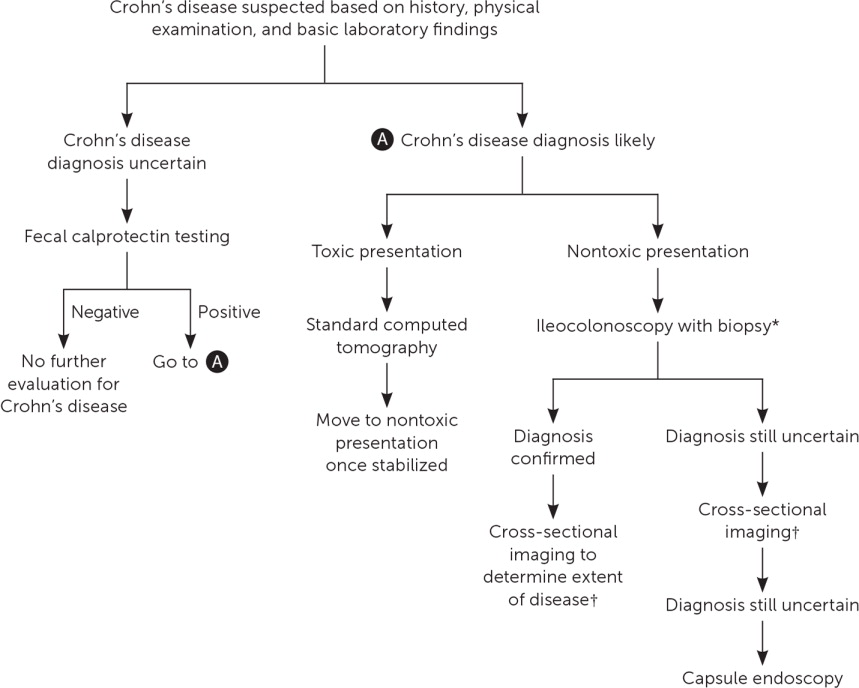

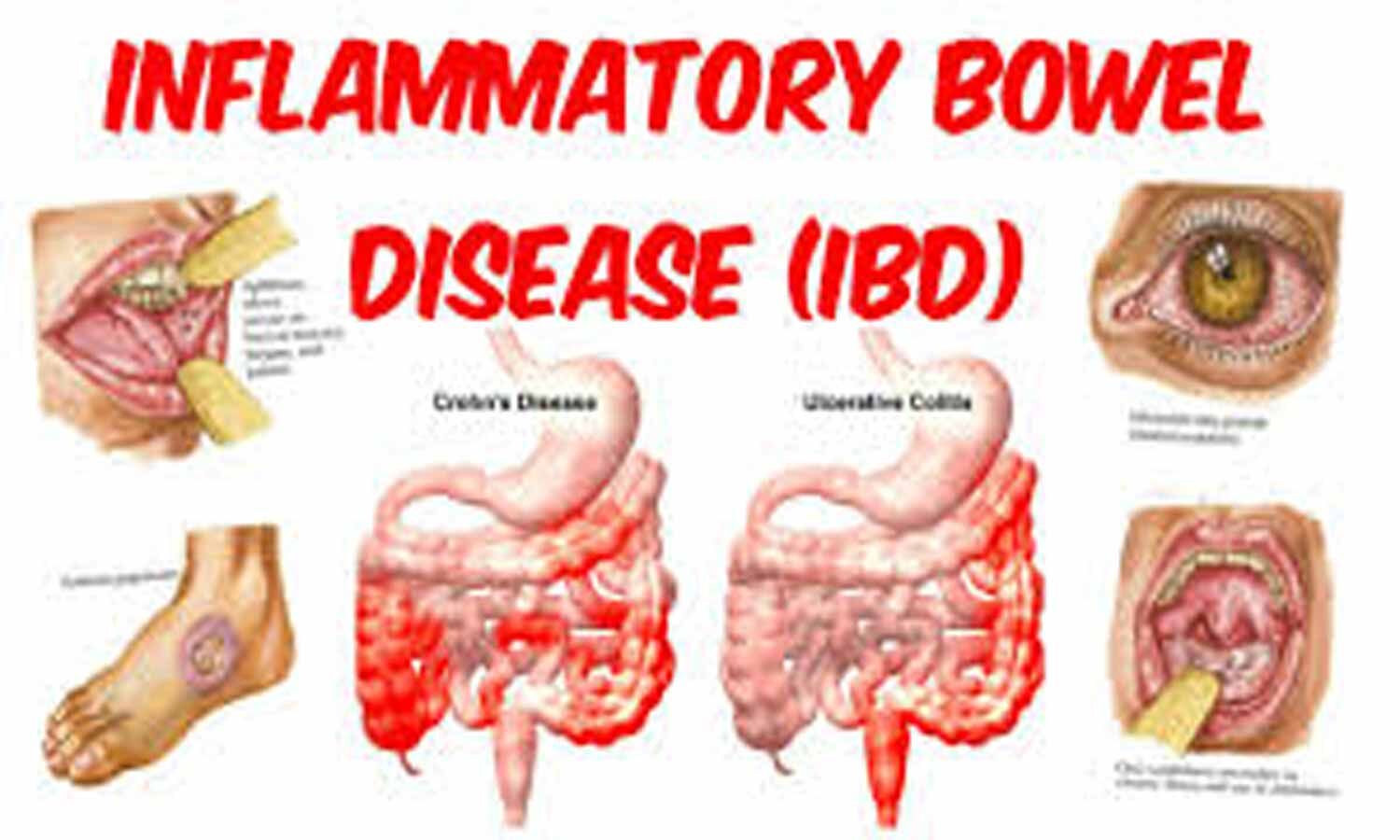
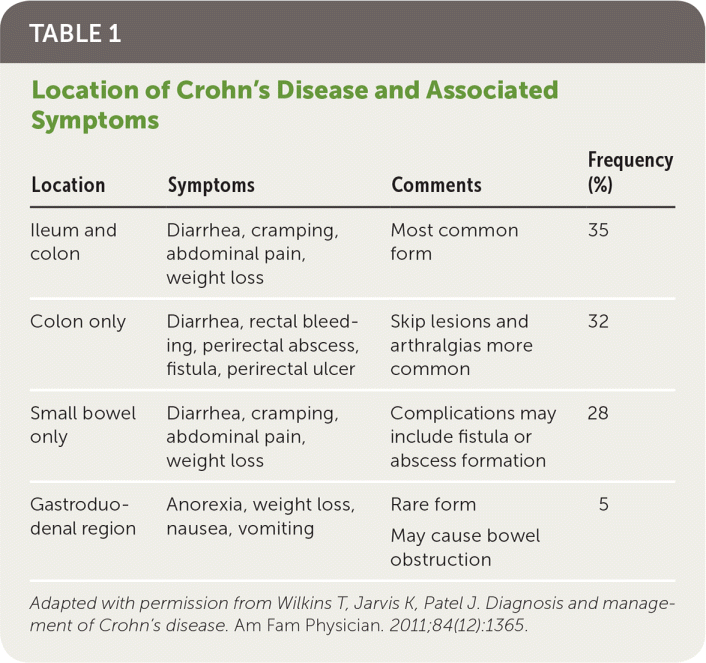
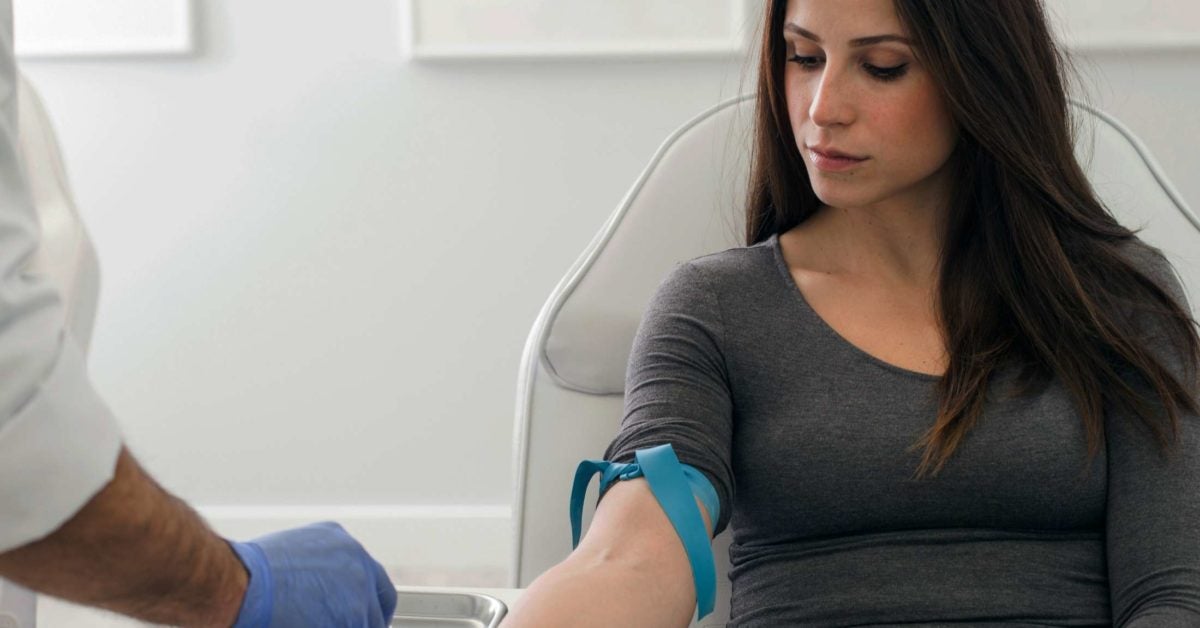
/endoscopy-cf5804f9abc44a5eae532d37b28a3144.jpg)


